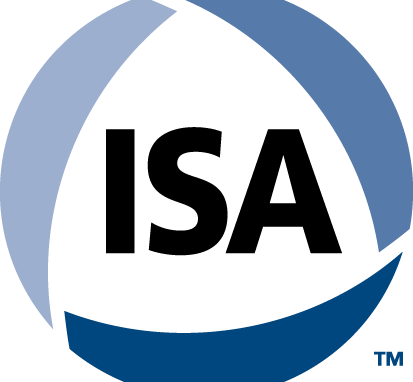This post is an excerpt from the journal ISA Transactions. All ISA Transactions articles are free to ISA members, or can be purchased from Elsevier Press.
Abstract: Being complex, non-linear and coupled system, the robotic manipulator cannot be effectively controlled using classical proportional integral derivative (PID) controller. To enhance the effectiveness of the conventional PID controller for the nonlinear and uncertain systems, gains of the PID controller should be conservatively tuned and should adapt to the process parameter variations. In this work, a mix locally recurrent neural network (MLRNN) architecture is investigated to mimic a conventional PID controller which consists of at most three hidden nodes which act as proportional, integral and derivative node. The gains of the mix locally recurrent neural network based PID (MLRNNPID) controller scheme are initi- alized with a newly developed cuckoo search algorithm (CSA) based optimization method rather than assuming randomly. A sequential learning based least square algorithm is then investigated for the on- line adaptation of the gains of MLRNNPID controller. The performance of the proposed controller scheme is tested against the plant parameters uncertainties and external disturbances for both links of the two link robotic manipulator with variable payload (TL-RMWVP). The stability of the proposed controller is analyzed using Lyapunov stability criteria. A performance comparison is carried out among MLRNNPID controller, CSA optimized NNPID (OPTNNPID) controller and CSA optimized conventional PID (OPTPID) controller in order to establish the effectiveness of the MLRNNPID controller.
Free Bonus! To read the full version of this ISA Transactions article, click here.
Enjoy this technical resource article? Join ISA and get free access to all ISA Transactions articles as well as a wealth of other technical content, plus professional networking and discounts on technical training, books, conferences, and professional certification.
Click here to join ISA ... learn, advance, succeed!
2006-2018 Elsevier Science Ltd. All rights reserved.




